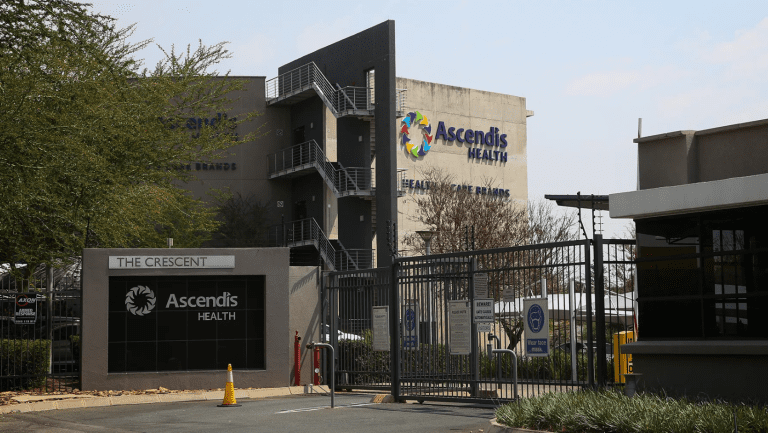After two years of falling short, employed South Africans can anticipate a reprieve in 2024 as salary hikes are projected to surpass inflation rates, offering a glimmer of hope amidst economic challenges. Nedbank’s latest State of the Economy report for April highlights this potential turnaround, citing a forecasted average salary increase of 6.9% compared to an anticipated inflation rate of 5.0%. While this promises a real increase of 1.9%, several obstacles loom, including persistently high interest rates and the specter of renewed job losses.
Stagnant Real Incomes and Economic Pressure
In recent years, households in South Africa have faced considerable strain, with real personal disposable income (PDI) registering a 0.3% contraction in 2023. This decline, compounded by inflation and high interest rates, has squeezed household budgets and limited discretionary spending. Despite nominal wage increases of around 6%, the real compensation of employees (COE) has shrunk, exacerbating financial challenges for many families.
Hope on the Horizon
However, projections for 2024 offer a glimmer of optimism. Nedbank’s forecast, supported by the Andrew Levy Wage Settlement Survey, anticipates salary increases ranging between 6.5% and 7.2%, aligning with the South African Reserve Bank’s estimate of a 6.1% average salary increase. With inflation expected to recede further, real wage growth is forecasted at approximately 1.9%, potentially providing relief to cash-strapped households.
Challenges Ahead
Despite these positive forecasts, the road to economic recovery remains fraught with challenges. Renewed job losses, as indicated by the Quarterly Employment Survey, pose a significant threat to employment stability. In Q4 2023, total formal sector employment declined by 1.8%, signaling ongoing fragility in the labor market. Additionally, high interest rates continue to burden households, constraining disposable income and limiting consumer spending.
Impact of Monetary Policy
The Reserve Bank’s stringent monetary policy exacerbates the situation, with interest rates remaining at elevated levels. The cumulative effect of a 475 basis point increase in interest rates has intensified debt service costs, eroding disposable income and pushing the personal saving rate further into negative territory. While rising real incomes offer some respite, the prospect of interest rate cuts remains uncertain, prolonging the financial strain on households.
Outlook and Conclusion
In 2024, South African workers can anticipate modest salary hikes that outpace inflation, offering a glimmer of hope amid economic adversity. However, challenges persist, including the threat of renewed job losses and the burden of high interest rates. While the prospect of monetary policy adjustments offers a ray of hope, the road to economic recovery remains uncertain. As households navigate these challenges, prudent financial management and targeted policy interventions will be crucial in securing a more stable and prosperous future for all.







































